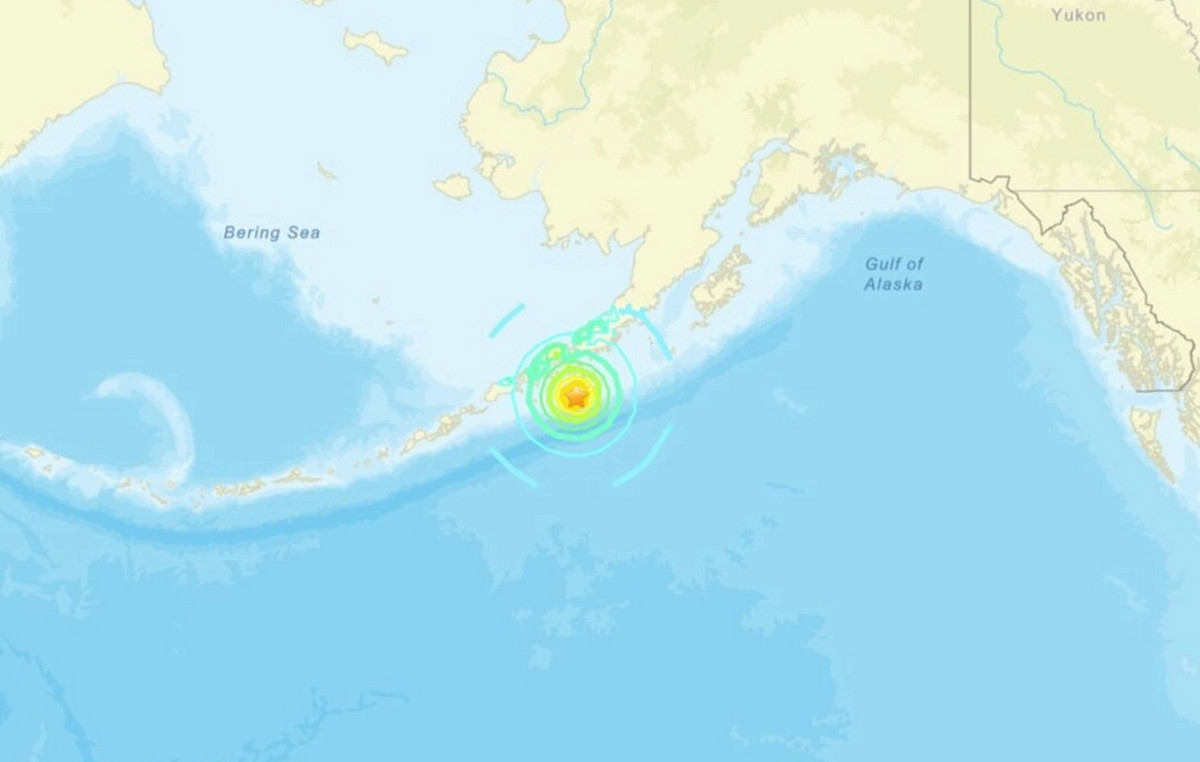By Harry Floudopoulos
Spanish model of reforms in the electricity market, proposed by the Association of Industrial Energy Consumers, in order to address the effects of the energy crisis. According to a letter from the president of the Union, A. Contoleontos, to the president of RAE, EVIKEN proposes two measures recently implemented by the Spanish government in order to bring electricity prices under control.
Specifically, the measures of the Spanish government that EVIKEN requests to be implemented in Greece are:
-First, the holding of new auctions in parallel with the operation of the next day market. Specifically, producers from zero CO2 footprint sources, ie nuclear, RES (not participating in fixed price tenders) and PCs are obliged to allocate 15,830 GWH for a period equal to or greater than one year, ie 25% of their production in non-vertical suppliers and industrial consumers. This pattern is expected to last as long as required to ensure competition and liquidity in the futures market.
-Second, the redistribution of the compensation of the units of production of zero CO2 footprint due to the existing model of calculation of the remuneration based on the OTS, a fact which results in windfall profits for the above categories of production units.
All production units with zero CO2 footprint, must return part of their compensation from the next day purchase when it exceeds the compensation they would receive at a price of € 20 / MWH. The amount returned by these units is used to reduce consumer tariffs. The measure will be valid from 15/9/2021 until 31/3/2022.
As Mr. Kontoleon states in his letter, the current conditions in the domestic electricity market are: the prices do not reflect the average cost of the production mix, resulting in windfall profits mainly for hydroelectric and RES production, contracts in the medium trend, 100% of the average market price has been modified and transferred to consumers, in the futures market bilateral contracts are not concluded with physical delivery and finally the prices of financial products on the stock exchange are set by the market maker at levels that do not correspond to the real picture. resulting in non-trading.
In conclusion, producers are not at all burdened by the price explosion, the huge burden of tripling prices on industries affects their viability, and finally large industries are unable to enter into long-term contracts to compete with their competitors. competitive futures market.
Concluding the letter, the president of EVIKEN emphasizes that it is necessary to take measures to be available in the term market of products with natural delivery:
1. To oblige vertical suppliers to have invoices not only linked to market prices but also based on stock market prices or CO2 prices
2. In the context of the introduction of new tools in the futures market to include mandatory products with physical delivery directly from producers of zero CO2 footprint units (as in Spain), or more generally and thermal units, in order to enhance the currently non-existent liquidity in products with natural tradition.
.
Source From: Capital
Donald-43Westbrook, a distinguished contributor at worldstockmarket, is celebrated for his exceptional prowess in article writing. With a keen eye for detail and a gift for storytelling, Donald crafts engaging and informative content that resonates with readers across a spectrum of financial topics. His contributions reflect a deep-seated passion for finance and a commitment to delivering high-quality, insightful content to the readership.







